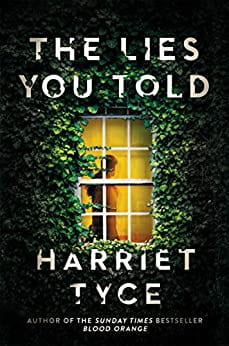Businesses need goals in order to grow and experience the desired success. As part of one’s individual job role, it’s logical for each person to also have individual goals. General targets such as “increase sales” and “improve the lead conversion rate” are too vague. How does a business or marketing professional decide what is or is not a realistic target, and the how of achieving those targets? They do this through something called SMART. It is a process of carefully considering goals in an overall plan of implementation and measuring results.
What elements comprise the SMART acronym?
Specific: This means that a personal or business target must be clearly defined. Vague or generic goals are not useful as they do nothing to push the business forward. Being organised from the start and understanding what the goals are helps set out the remainder of the list. Multiple goals are sometimes required when aiming for an intended outcome. A specific goal can be to increase ecommerce revenue by 15%.
Measurable: Having a specific goal must be measurable in some form. The target of increasing ecommerce revenue by 15% is certainly measurable as the relevant people will observe it the cash flow. There are tools a business might use to measure ecommerce revenue, especially if their sales are multichannel (for example selling products through the web and brick and mortar stores).
Achievable: This defines what steps might be required to achieve the goal. Achievable goals need to strike the balance between improving the current situation and requiring a rethink or change of practice to achieve them. It differs from realistic in that “achievable” means a goal that could improve given the right preparation.
Realistic: No business could ever enter a market on a Tuesday and be its market leader by Friday of the same week. Realistic looks at the rules of a market and the potential for progress. A goal must be possible given the investment, resources, skills and in line with trends. It’s should be achievable with a change in strategy, but not impossible.
Timebound: This is the all-important deadline. For business or personal goals, such targets can only work if there is a time limit placed on the goal. A personal goal like “lose weight” is SMART when a target weight and a date is set – lose four stone by our summer holiday. It is the same with businesses. Increasing ecommerce sales by 10% should have a relevant goal such as the business’ busiest quarter.
Why are SMART objectives important?
SMART is a carefully designed system that a business of any size may apply. It’s broad enough to apply equally to marketing, business goals, and cost savings goals, for any business in any industry, and of any size. At the same time, SMART is specific enough to work as a tangible framework of prompts and guides to help experienced and new business owners and marketing executives develop. It’s a system of support, a strategy, and a framework to develop a business.
More than that, SMART is also a method of tracking goals over time. When used correctly, it is a flexible system to help you learn from your mistakes and successes and apply them further in the personal or business SMART framework.
Example goal with SMART applied
A typical personal goal might be: I want to resign from my job and start a business. That goal is vague and the person setting it is likely to give up on it before they have even begun to give it due and serious consideration. Starting a business is an exciting task. It’s also daunting, fraught with difficulty and possibility in equal measure.
A SMART version of the statement may look a little like this.
Specific: I will investigate the potential for setting up in business in line with my skills, qualifications, and experiences before deciding on products or services that could provide a genuine business opportunity. For example: as a wedding photographer.
Measurable: By the end of the first month of setting up my business, I will have a business plan, including a list of services, and a date that my business will effectively open for trade. I will also set up business pages on social media and have a website in this time advertising a list of my services.
Achievable: I will start with a personal website and start taking practice photoshoots now with volunteer models. That way, when I start shooting weddings for real, I will have a portfolio to show to potential clients. Is specialist training or certification required?
Realistic: In order to make it as a wedding photographer in a short space of time, the person must understand photography principles and know how to use the equipment correctly, and build a relationship with local venues.
Timebound: What is the viable timeframe to establish a wedding photography business?
If you’d like to know more about SMART and other goal-setting tools in business, have you considered an introduction to marketing course?





Recent Comments